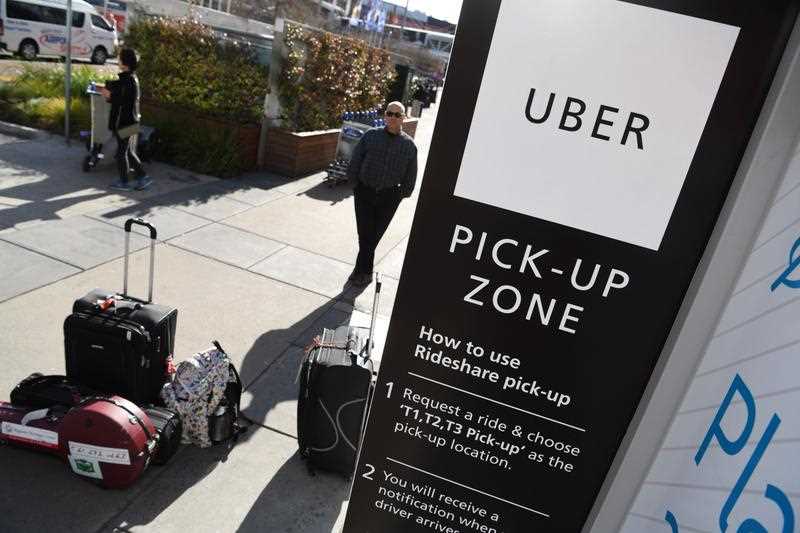A floor under pay rates and a raft of other protections unveiled by the Labor government are expected to stop gig workers relying on tips to make ends meet.
Workplace Relations Minister Tony Burke will spell out the details of the gig worker rights proposal, a Labor election promise, during a speech to the National Press Club on Thursday.
“We’re not meant to be a country where you have to rely on tips to be able to make ends meet,” he told ABC radio ahead of the address.
“And for a lot of gig workers at the moment, that’s the world they’re in.”
The changes, due to be introduced to parliament next week as part of a broader set of workplace reforms, have been met with resistance from several business groups.
Australian Chamber of Commerce and Industry chief Andrew McKellar said the business community remained “very, very concerned” about the workplace changes.
“The government has not made the case for the changes that it’s going to propose to introduce next week,” he said.
Under the gig worker proposal, “employee-like” workers using digital labour platforms will get a separate classification from contractors and employees and be subject to their own unique set of protections.
Mr Burke said those classed as employees had a range of rights, including sick leave and minimum rates of pay.
“If not, all those rights fall off a cliff,” he said.
“What we want to do is turn the cliff into a ramp.”
Under the new classification, which will be defined as those working through a “digital labour platform”, eligible parties will be able to apply to the Fair Work Commission to set minimum standards that are specialised to the work they perform.
It will be up to the industrial umpire to set the terms, but the options will be restricted to things such as minimum pay, record-keeping and insurance.
The protections on offer will stop short at overtime rates and rostering arrangements that could restrict the flexibility valued by many users of the platforms.
Gig workers will also be protected from unfair deactivations, giving people an avenue to challenge platforms when they are kicked off with no explanation.
Mr McKellar warned the changes could capture a range of innovative platforms and work types and it was still not clear where the lines would be drawn.
“You’re curbing innovation, you’re curbing the flexibility that people have to independently go out there and provide their services at a fee that they set,” he said.
Mr Burke said anything that satisfies the conditions of being “employee-like” and using a “digital platform” would be captured.
He confirmed some of the caring services platforms would fall into this category, but a tradesperson using an app like Airtasker – “which effectively just runs as the digital form of the trading post” – would not be considered employee-like.
“So they would be completely unaffected.”
The changes will begin on July 1, 2024, once legislated.
By Poppy Johnston in Canberra
Get local, national and world news, plus sport, entertainment, lifestyle, competitions and more delivered straight to your inbox with the Canberra Daily Daily Newsletter. Sign up here.



